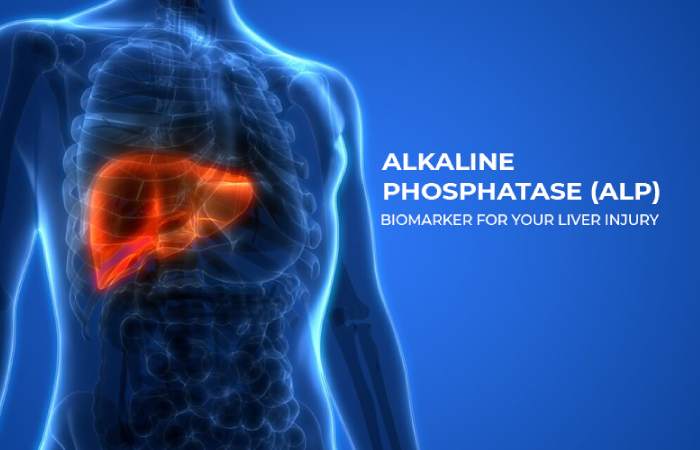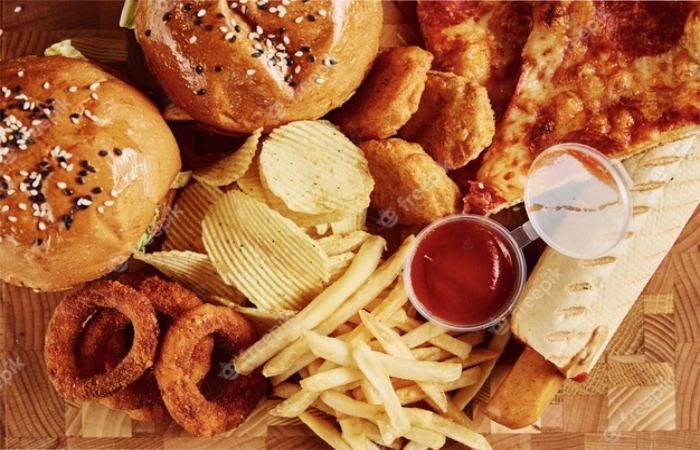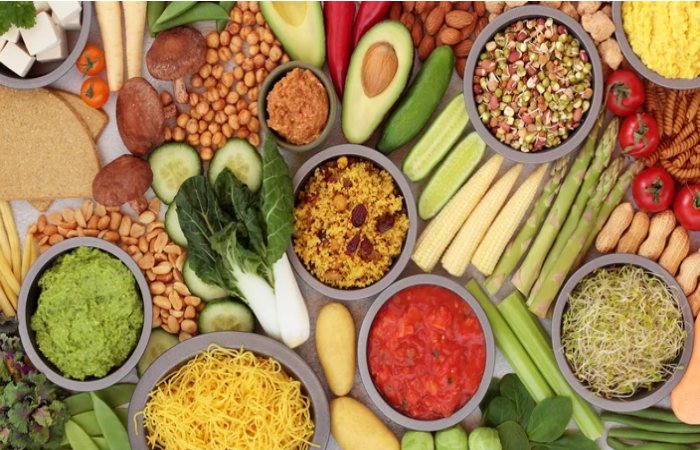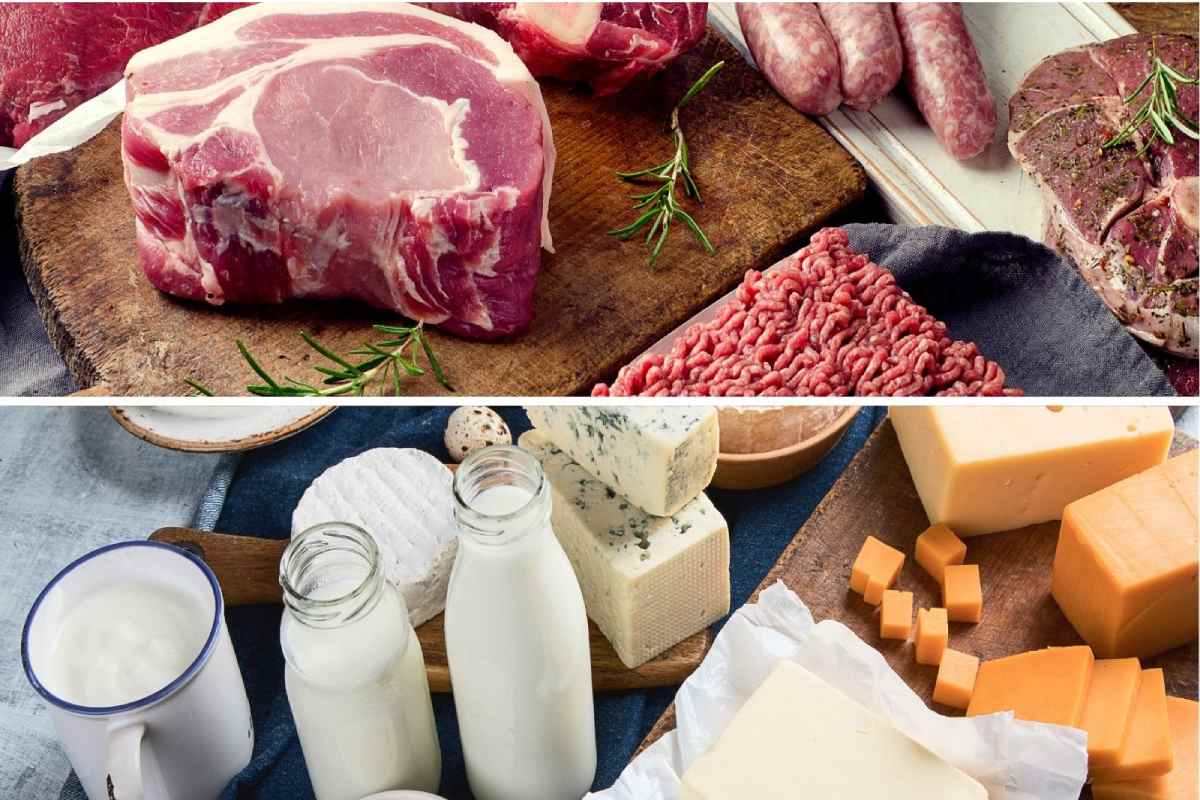What Foods to Avoid if Alkaline Phosphatase is High – Alkaline phosphatase is an enzyme that is present in all tissues and organs of the body. It plays an vital role in liver function and bone development. Normal blood alkaline phosphatase levels range from 44 to 147 international units per liter. Abnormal levels of ALP can affect blood function and cause liver complications. Certain foods are rich in zinc, phosphorus and vitamin B12, which increase alkaline phosphatase levels. Therefore, it is important to keep these foods out of your diet. In this blog, we will discuss all the foods that a person with high alkaline phosphatase levels should not eat.
Table of Contents
What is Alkaline Phosphatase?

Alkaline phosphatase, also known as ALP, is an enzyme that plays an important role in the body, particularly in the digestive, skeletal and muscular systems. It is involved in several important functions, including the storage of minerals in the bones and the elimination of certain unwanted substances with the help of the gallbladder. The level of this enzyme in the body can affect overall health and abnormalities can indicate certain diseases. Therefore, analysis of ALP values using blood tests can provide valuable data in the diagnosis and treatment of these conditions.
What Foods Should to Avoided if Alkaline Phosphatase is High?
One of the questions we get a lot: What foods should be avoided if alkaline phosphatase is high? It is important to address concerns about elevated levels of alkaline phosphatase in the body. Alkaline phosphatase is an enzyme present in many tissues, including the liver, bones, intestines, and kidneys. Elevated stages of alkaline phosphatase in the blood may show an underlying health problem that needs attention.
Although dietary factors alone may not be the only cause of high alkaline phosphatase levels, making certain changes to your diet can support overall health and help manage the condition. In this section, we’ll explore foods you should avoid if you have high alkaline phosphatase levels.
Although diet alone may not be the primary cause of elevated alkaline phosphatase levels, certain foods can exacerbate underlying conditions. Here are some foods to consider avoiding or reducing in your diet:
Fatty and Fried Foods

High consumption of fatty and fried foods can overload the liver and possibly lead to liver failure. Foods such as fast food, snacks, fried products, and fatty cuts should be limited or avoided to support liver health.
Alcohol
Alcohol drinking places a significant burden on the liver, affecting its ability to function optimally. If you have elevated alkaline phosphatase levels, it is suggested to avoid or minimize alcohol consumption to protect liver health.
Foods and Drinks High in Sugar
Foods and drinks high in sugar, such as soft drinks, sweets, cakes and sweets, can lead to weight gain and metabolic disorders. These factors can negatively affect liver health and possibly affect alkaline phosphatase levels. Choose natural fruit sugars and limit the amount of processed sugars.
Processed Foods
Processed foods often hold additives, preservatives, and unhealthy fats that can overwhelm the liver and contribute to inflammation. Select whole, unprocessed foods, such as fruits, vegetables, proteins, and whole grains, to care overall health.
Excessive Red meat
Although lean cuts of red meat can be a valuable source of protein, excessive consumption can overload the liver and potentially increase alkaline phosphatase levels. It is advised to moderate red meat consumption and diversify protein sources with fish, poultry, legumes and plant-based alternatives.
Oxalate-Rich Foods

Some people with elevated alkaline phosphatase levels may have an underlying bone disorder, such as osteoporosis or Paget’s disease. In such cases, it is recommend to limit drinking of oxalate-rich foods, such as spinach, rhubarb, beet greens and certain nuts, as they can potentially aggravate the condition.
High alkaline phosphatase levels may indicate an underlying health problem that requires further investigation. While diet alone may not be the root cause, making certain dietary changes can help with overall health and possibly management of the condition. Reducing consumption of fatty and fried foods, alcohol, high sugar intake, processed foods, excess red meat, and foods high in oxalate may be beneficial. However, it is important to consult with your healthcare provider for a comprehensive evaluation and personalized diet references based on your specific health needs.
What is the Normal Range for ALP?
The normal value of Alkaline phosphatase varies from person to person and depends on your age, blood type, gender, and in pregnancy. For men and women older than age 18, an Alkaline phosphatase level between 44 and 147 U/L is consider normal. The usual range for children is more than that for adults, especially for infants and youths because their bones are rising rapidly. Values above 130 U/L are usually consider to be high.
Conclusion
While there are a variation of foods that can affect ALP levels in the body. It is important to note that dietary changes alone do not necessarily lead to significant progresses in ALP levels. However, a healthy diet can support overall liver and bone health, which can help decrease high FA levels. In addition to avoiding certain foods, it is important to maintain a healthy weight, exercise frequently, stay hydrated, get sufficient sleep, reduce stress, and consider supplements to care liver and bone health. If you have high levels of FA, it is vital to work with a healthcare expert to limit the underlying cause and develop a treatment plan.

